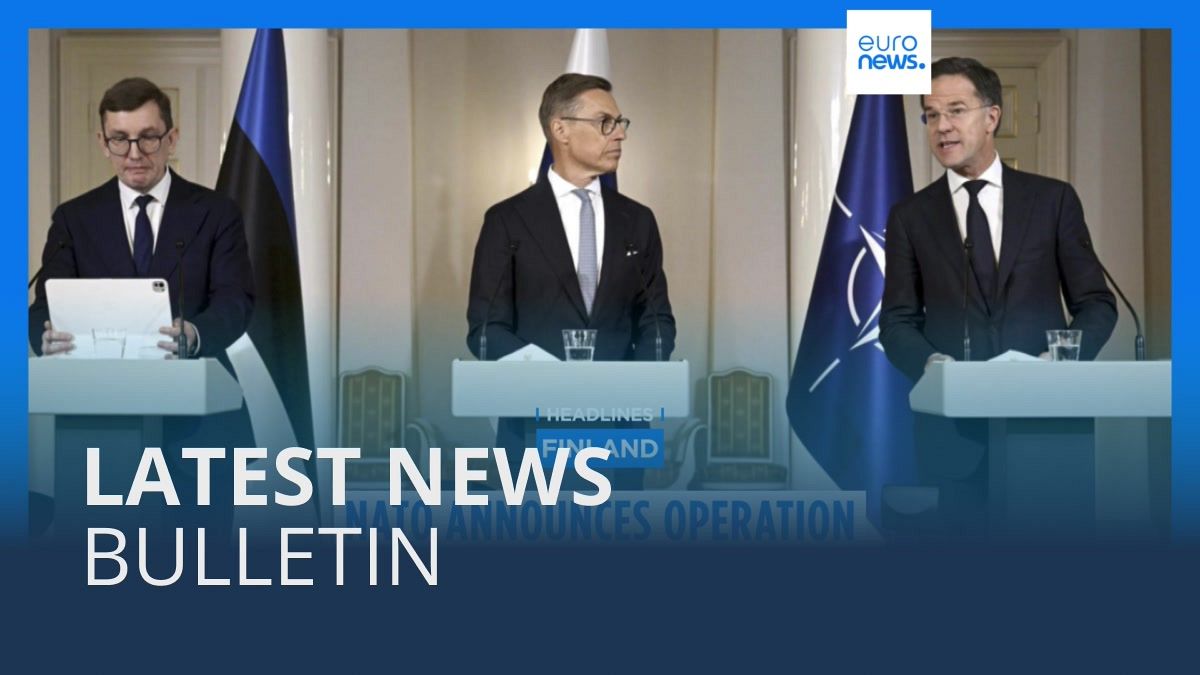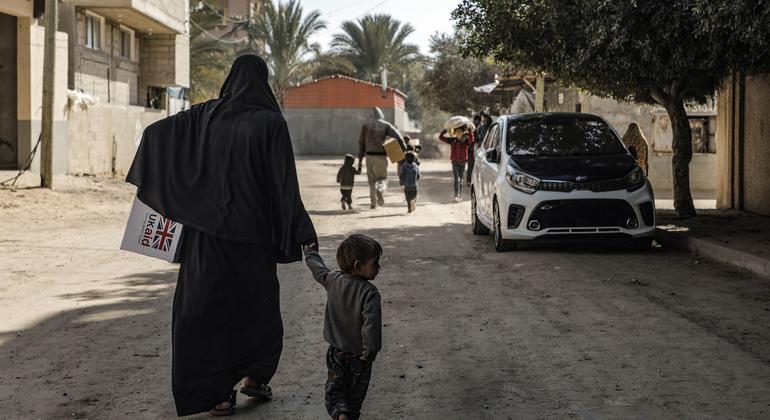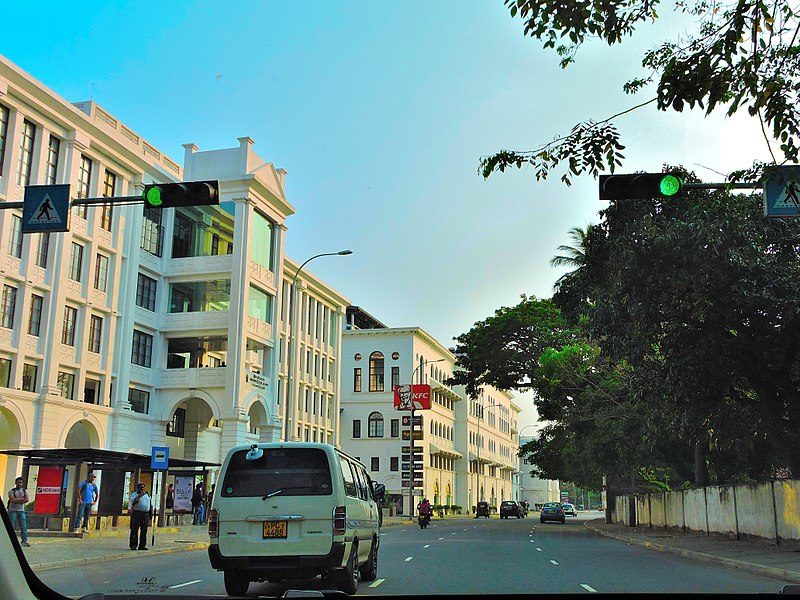Europe’s 27 leaders will meet today in Brussels to discuss how to respond to the fallout of the Ukraine war.
New pandemic-type EU borrowing to help less wealthy countries deal with the energy crisis is also said to be part of these talks.
But both Germany and the Netherlands are vehemently opposed to such a tool. According to a senior EU diplomat, Dutch prime minister Mark Rutte will make it “very clear” that unspent money from the €750bn pandemic recovery fund should be spent first.
“If there is still a problem at the end of next year, we can discuss new tools, but if we come up with new money now, this will only fuel inflation further, so we should be very cautious,” the senior diplomat said.
As Philipp Heimberger, an Austrian economist at the Vienna Institute for International Economic Studies, told EUobserver this week new investments do not have to be inflationary.
“If you, for example, invest in transport infrastructure or critical areas of energy infrastructure, this will ensure lower inflation going forward,” he said.
But with German and Dutch opposition to new EU borrowing, no new EU spending tools are to be expected.
Debate
The debate over new debt erupted in September when Germany announced a €200bn support effort to help households and businesses survive high energy prices until 2024.
Other countries, even the second and third biggest economies of Europe, France and Italy, respectively, have allocated only a fraction of German support spending.
Wealthier countries like Germany and the Netherlands can better deal with the economic cost associated with an energy crisis than a country like Greece.
This is due to a larger tax base, in addition to government bonds from these countries being deemed safe assets by institutional investors like pension funds and insurers who buy such bonds.
They, therefore, can borrow money cheaper to spend on recovery. The difference – also called ‘the spread’ — between what Italy or Greece pay (4.76 percent and 5.09 percent, respectively) and what Germany and the Netherlands pay (2.6 and 2.7 respectively) is significant.
Historic inequality
Underlying these differences is a history of diverging economic trajectories.
While the Netherlands and Germany have long ago recovered from the 2009 financial crisis, Greece will only recover to its pre-crisis level of wealth in 2037, according to IMF estimates as previously reported by EUobserver.
These estimates were made during a period of rapid pandemic recovery and did not yet include today’s energy crisis, war uncertainty and looming economic recession.
At the beginning of October, two senior EU commissioners, Paolo Gentiloni and Thierry Breton, proposed to set up a new EU-backed loan mechanism to prevent vulnerable countries from falling behind again.
The plan has garnered support from many countries and institutions.
Both outgoing prime minister Mario Draghi and his newly elected replacement Giorgia Meloni have called for new EU borrowing, as has French finance minister Bruno Le Maire.
The system would be based on low-interest loans, not grants, which the commission would lend to individual member states. Many countries, including Italy and Greece would then be able to borrow money for a lower interest rate than they currently do.
It is based on the Support to mitigate Unemployment Risks in an Emergency (SURE) mechanism, which was set up in 2020 in response to the COVID-19 pandemic as a €100bn temporary loan assistance to help countries pay for job support programmes or loan assistance.
“This crisis is calling for common action,” Maria Demertzis, deputy director at Bruegel, a Brussels-based think tank, told Bloomberg on Thursday (20 October), referring to the SURE instrument. “And when you have a tool that worked before, it’s difficult not to use it again.”
The question is moot
But the “question is moot” as far as Germany and the Netherlands are concerned as long as unspent money is available from previous funds, one EU official told EUobserver.
The official said the EU pandemic recovery fund was “tailor-made” to deal with the energy crisis because 37 percent of it has to be spent on projects associated with the EU’s Green Deal.
“According to the commission €550bn of the €750bn has not yet been invested, we should spend this first and maybe allow for more flexibility,” the senior diplomat also said.
But pandemic recovery funds have already been approved and allocated. They can only be changed for “justified reasons”, an EU official previously told EUobserver, or if the original plan is no longer financially feasibly due to rising costs.
Recovery fund money can also not be spent on support for households or businesses, which make up a large proportion of the German and Dutch support schemes, because these should be covered by national tax-based spending.
But with interest rates on capital markets not being equal, similar support measures would be significantly more expensive for Italy and Greece.



















.gif)

Discussion about this post